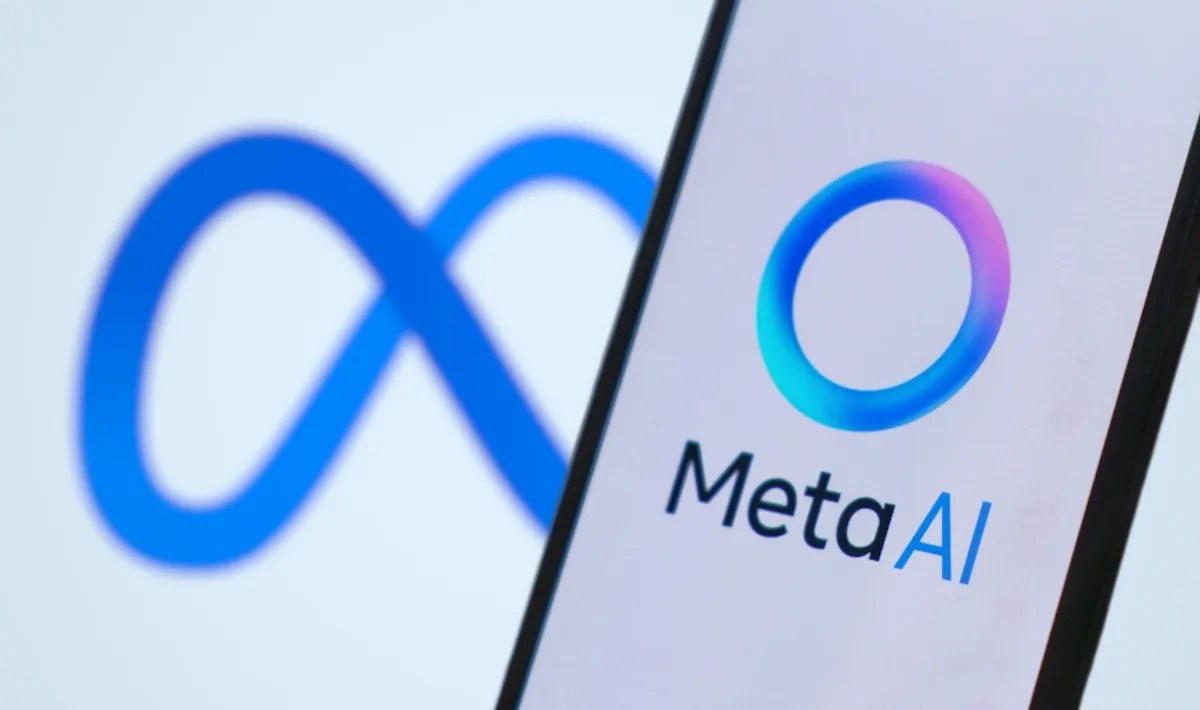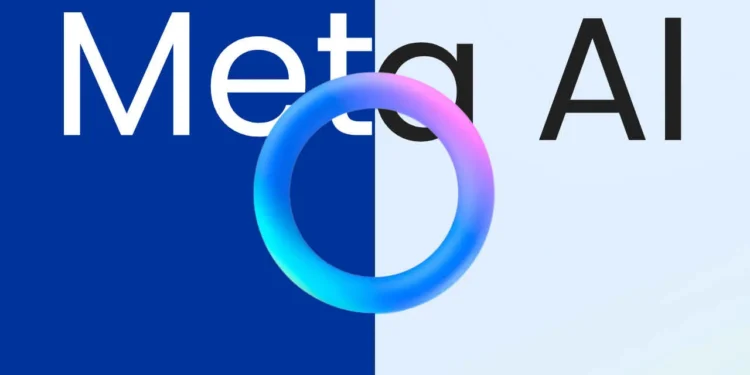Meta’s ambitious AI pivot, announced by CEO Mark Zuckerberg, is facing a rough start as the company works to keep pace with heavyweights like OpenAI, Google, and Anthropic. The tech giant is betting big on artificial intelligence, with Zuckerberg warning that it could cost Meta another $65 billion this year. But despite the investment, Meta’s AI models are falling behind, and things aren’t looking so smooth.

From internal shakeups to mounting competition, the company is grappling with several challenges. Most notably, Meta’s head of AI research recently left, signaling a potential shift in the company’s AI strategy. But it doesn’t stop there — Meta is also dealing with allegations that it manipulated performance benchmarks, further adding to the storm of controversy surrounding its AI efforts.
“Meta’s models aren’t competitive with the latest from OpenAI, Google, and Anthropic,” industry experts have said, casting a shadow over the company’s ambitious AI goals.
So, what’s next for Meta? Well, that’s still unclear. The company has yet to unveil a concrete plan for regaining ground in the AI race, but in the meantime, it’s dealing with a significant issue: AI’s liberal bias.
The Battle Against AI Bias: Meta’s New Mission
In a surprising twist, Meta is now focusing on addressing what it calls the liberal bias of its AI models. This revelation came through in Meta’s recent announcement about the Llama 4 model, which included a statement that raised some eyebrows.

As Emaneul Maiberg of 404 Media pointed out, the company acknowledged that its large language models (LLMs) have been historically biased — especially when it comes to political and social topics. The root cause? The vast and varied types of data that are available on the internet, which often tend to reflect left-leaning perspectives.

Meta’s solution? It plans to “remove bias” from its AI models to ensure that Llama 4 can understand and articulate both sides of contentious issues. The company claims that the model “responds with strong political lean at a rate comparable to Grok,” the AI chatbot from Elon Musk, suggesting that the company is benchmarking bias based on controversial political and social topics.
“Our goal is to make sure that Llama can understand and articulate both sides of a contentious issue,” Meta said in its official announcement.
Meta’s move comes at a time when the issue of AI bias is gaining increasing attention. Researchers and tech companies have long been engaged in a debate about how new LLM-based tools can reproduce, and even exaggerate, biases found in the data they are trained on.










